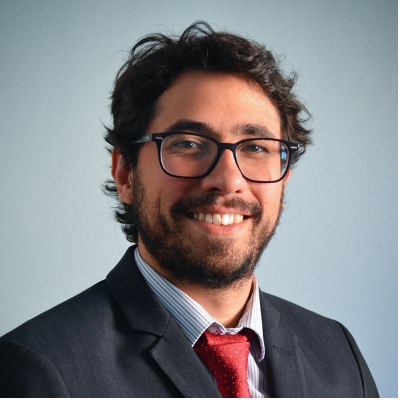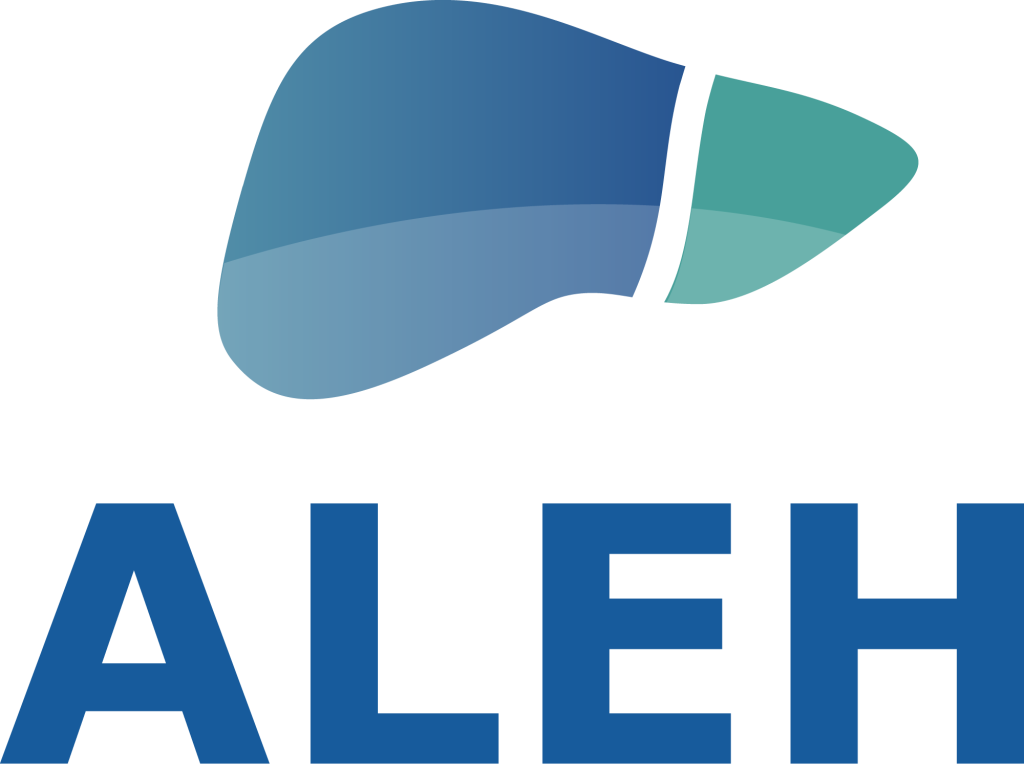We are committed to the development of young researchers in hepatology. At ALEH, we provide a variety of opportunities for young researchers to network with other investigators, learn from experts in the field, and contribute to the advancement of liver research.
Goals
To promote research and clinical training in hepatology by contributing to the exchange of scientific information among ALEH Youth members.
To collaborate with the Permanent Council of ALEH in the organization of workshops, scientific meetings, training scholarships and the dissemination of funding.
To represent the interests of the young members within the ALEH.
To advise the ALEH Board of Directors on issues related to young people and their education in the field of hepatology.
To encourage and help young people to become members of ALEH.
Proposed Activities
1. To encourage the creation of workshops for young hepatologists in Latin America.
- Medical writing workshops
- Public speaking courses
- Tips for preparing an oral presentation
2. Advice on practical issues
- Recommendations for obtaining or applying for benefits
- Creating a resume
- Design of a research protocol
3. Academic Activities
- Hepatology schools
- Workshops for Young Hepatologists during the ALEH Congress
- To provide basic tools in epidemiology and statistics
4. Mentor Program
The purpose of this program is to allow young members of ALEH to receive academic advice in specific areas of hepatology from mentors who are references in the field.
5. Advance training scholarships
Access to rotations in Hepatology centers previously certified by ALEH. These centers must comply with the standardized requirements proposed by ALEH, whose main goal is to ensure an adequate clinical and academic level for the young person in training.
Support will be sought not only at the regional level but also from the sister associations EASL/AASLD/APASL to offer rotations through their centers.
6. Creation of a "Position Paper"
Participation in the writing of a "Position Paper" in which ALEH describes the necessary and indispensable requirements for training in the specialty of hepatology. The intention is to homogenize a curriculum, since in the different countries of Latin America the programs are variable. In this way, ALEH will be able to promote and establish training programs with appropriate certification levels (e.g. JPGN 2014;59: 417-422).
Coordinators

Dr. Luis Díaz Piga

